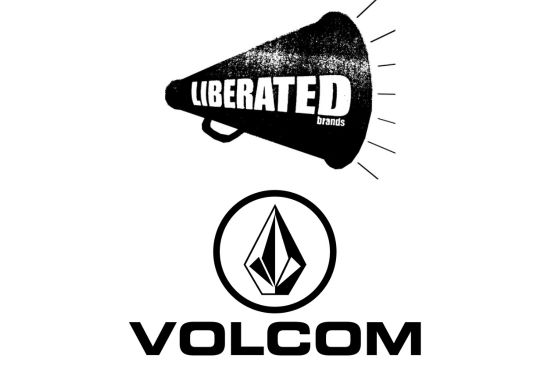
The company behind the skateboarding clothing brand Volcom, as well as boardsports brands Billabong and Quiksilver, Liberated Brands has filed for bankruptcy.
They’re pointing to changes in what consumers want and rising costs as the main reasons. Based in Costa Mesa, California, they’ve decided to shut down their North American operations and sell off their international assets.
According to the Wall Street Journal, the company started strong after launching in 2019, with revenue jumping from $350 million in 2021 to $422 million in 2022, thanks to demand during the pandemic and picking up more brand licenses. By 2023, they had further expanded by taking over the wholesale and retail businesses of Billabong, Quiksilver, Roxy, and RVCA.
But when spending slowed down post-pandemic and interest rates went up, Liberated couldn't keep the momentum going.
CEO Todd Hymel noted that consumers have shifted away from buying clothes as discretionary purchases, which hit sales hard.
A big part of the problem was the rise of fast fashion brands that offer trendy clothes at lower prices and can quickly deliver them to buyers.
Hymel pointed out that today's shoppers can easily snap up low-quality clothing from these fast fashion giants, making it tough for traditional retailers to compete.
As the company faced financial strain, Authentic Brands Group ended Liberated’s North American licenses for several brands in December 2023 after they missed a royalty payment, leading to those brands being handed over to new distributors.
Now, Liberated Brands has filed for Chapter 11 in Delaware, claiming over $100 million in debts.
They've managed to get a $35 million loan to help with the bankruptcy process and are looking to sell off their assets.
Unfortunately, nearly 1,400 employees have been laid off during this restructuring phase.
While they might disappear from the North American retail scene, there’s a chance the international operations could survive under new ownership.
